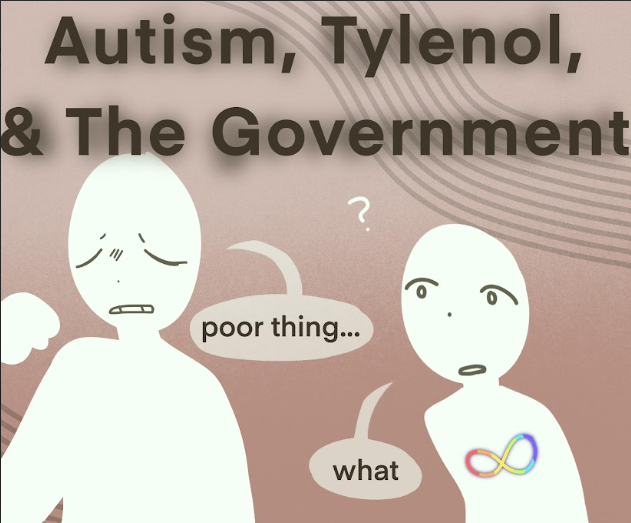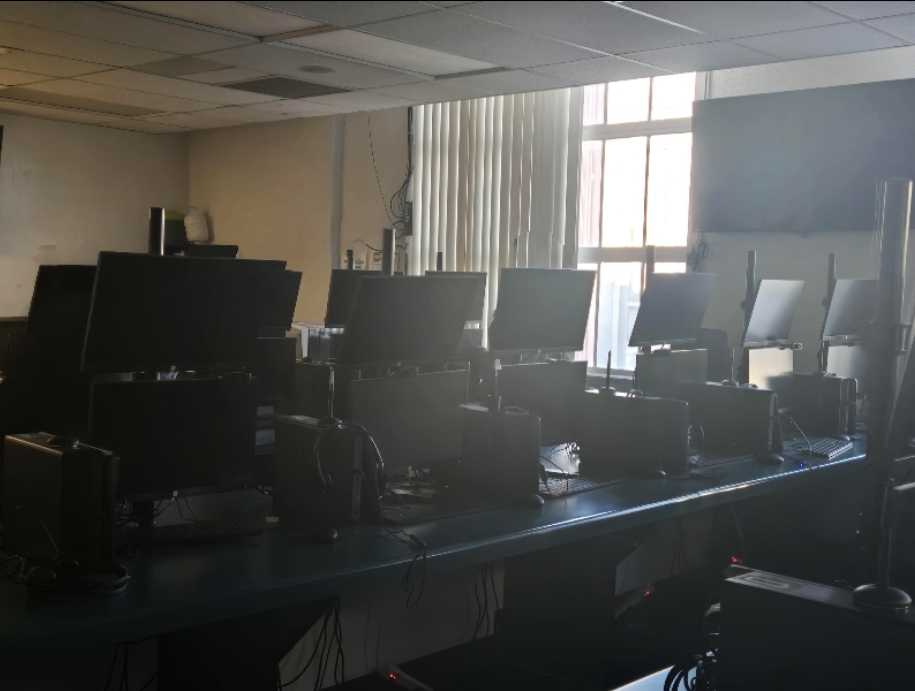Over the years, global climate change has increased and it has impacted everyone and everything, especially animals.
Casey Boland, a science teacher at Las Vegas Academy of the Arts (LVA), highlights one of the biggest ways climate change affects animals. Ms.Boland said, “One of the biggest ways that climate change is affecting animals is increased temperatures cause animals to then be outside of their range of tolerance for pH, if they are land-dwelling.” She explains how the increased temperatures caused by global climate change make habitats unsuitable for animals.
“Animals have to migrate further north in order to have the right conditions,” she said. “For reproducing or for finding the right food.” This means the animals are constantly having to adapt because of climate change. Their changing habitats make it unsuitable for their lifestyles, which means if they don’t move, they become endangered.
According to the University of Oxford, “Past climate change (often caused by natural changes in greenhouse gasses due to volcanic activity) has been responsible for countless species’ extinctions during the history of life on Earth.” This shows how continuing global climate change is progressing to impact wildlife.
A way we can indicate if global climate change is increasing is the ocean, by looking at its temperature. “Our oceans take up a huge proportion of the Earth’s surface and water has a really high specific heat, so it’s very difficult for water to change temperature, but our oceans have been warming, so that’s an incredible indicator of climate change,” Ms. Boland said.
She also said, “Warm water is not able to hold as much oxygen as cold water can and so aquatic organisms are literally suffocating because the water is not able to hold enough oxygen for them to breathe.” Animals play a crucial role in our lives. Animals give us companionship, food, and balance our ecosystem.
National Parks Service said, “If we can sufficiently reduce greenhouse gas emissions, many of them (animals) will still have a chance to survive and recover.” We can reduce greenhouse gas emissions like carbon dioxide, by driving fewer cars that use gas, wasting food, and separating recycling and trash.
Overall, animals are affected by global climate change every day and its effects are causing some species to be in danger of extinction. The ocean is an indicator of this, and the organisms in the ocean are suffering to breathe because of the rise in temperature. Although, if humans can help reduce global climate change, then animals will have a chance of recovering.






















